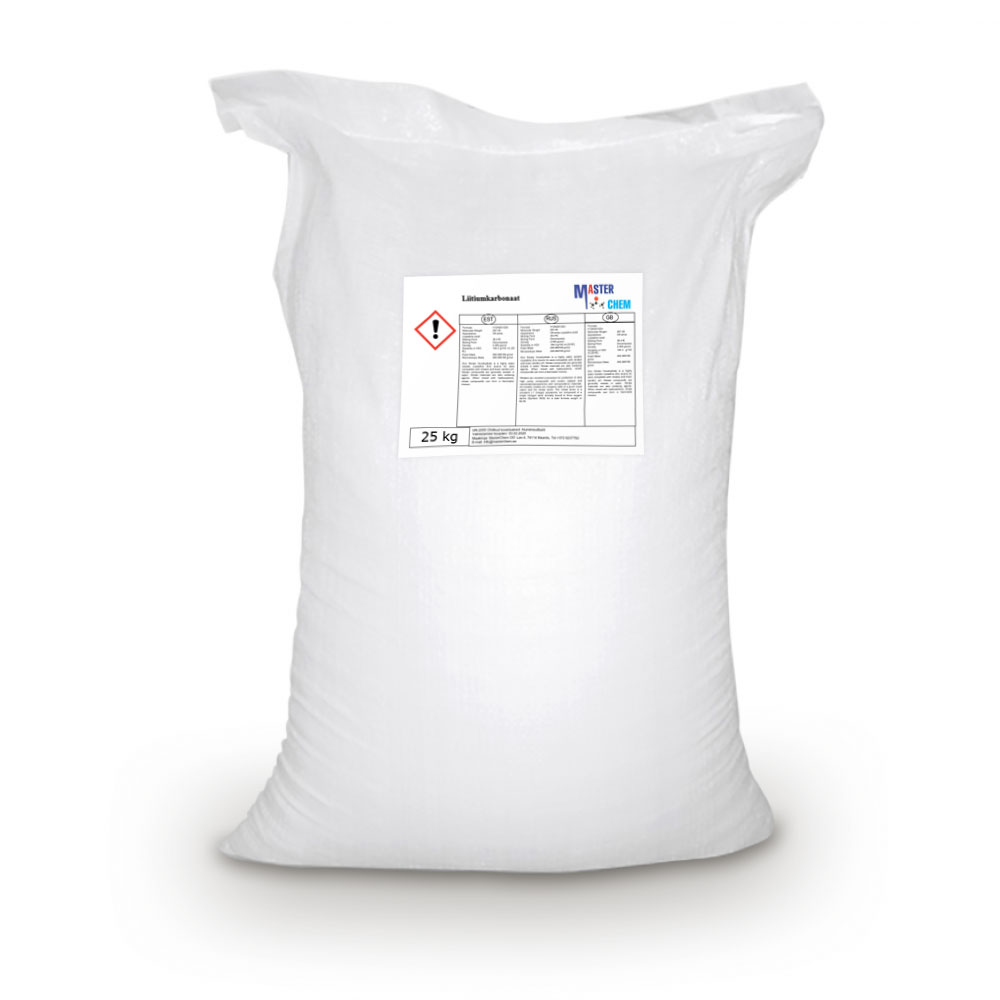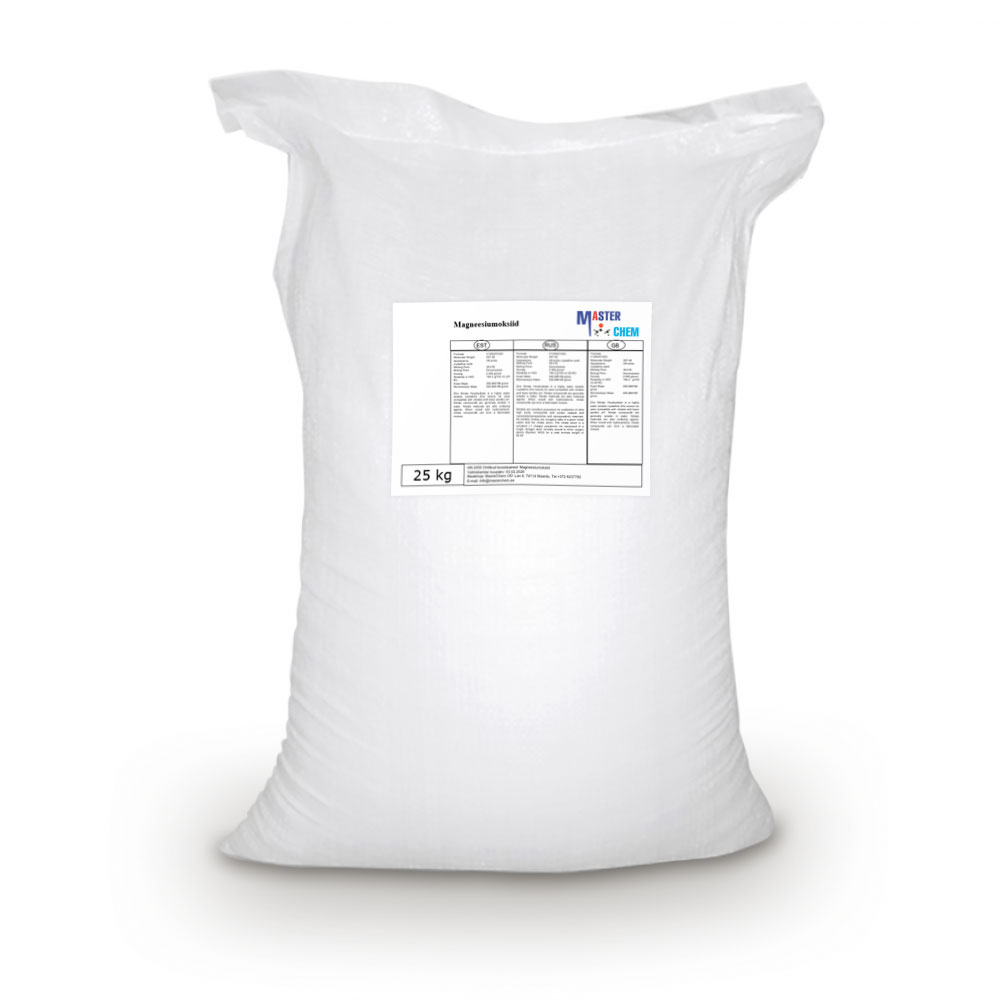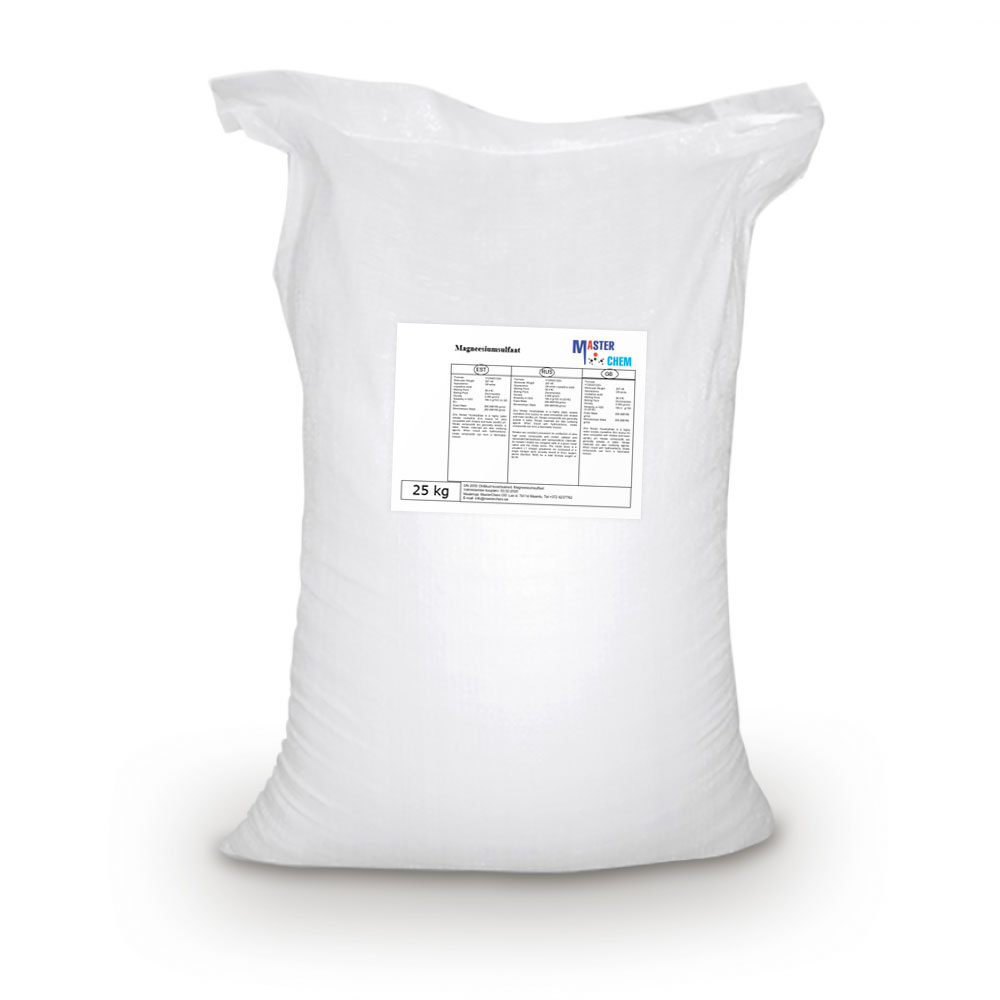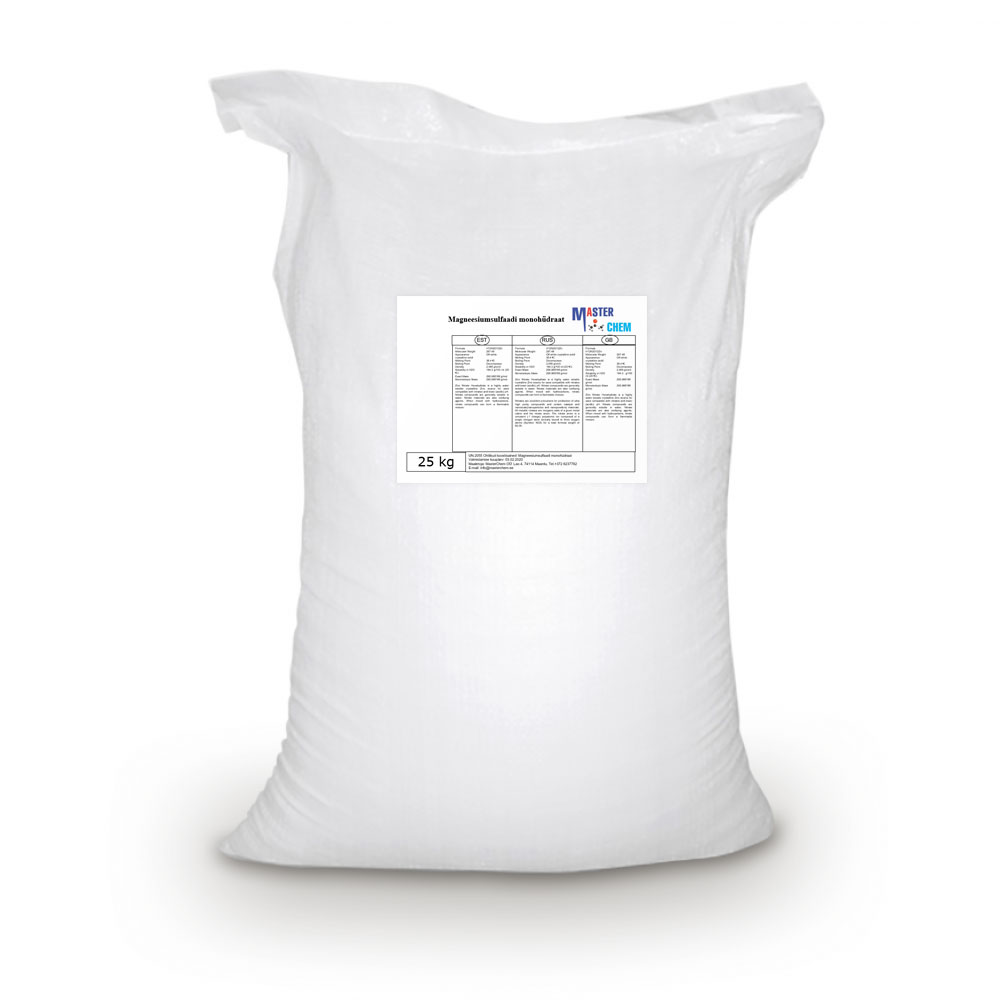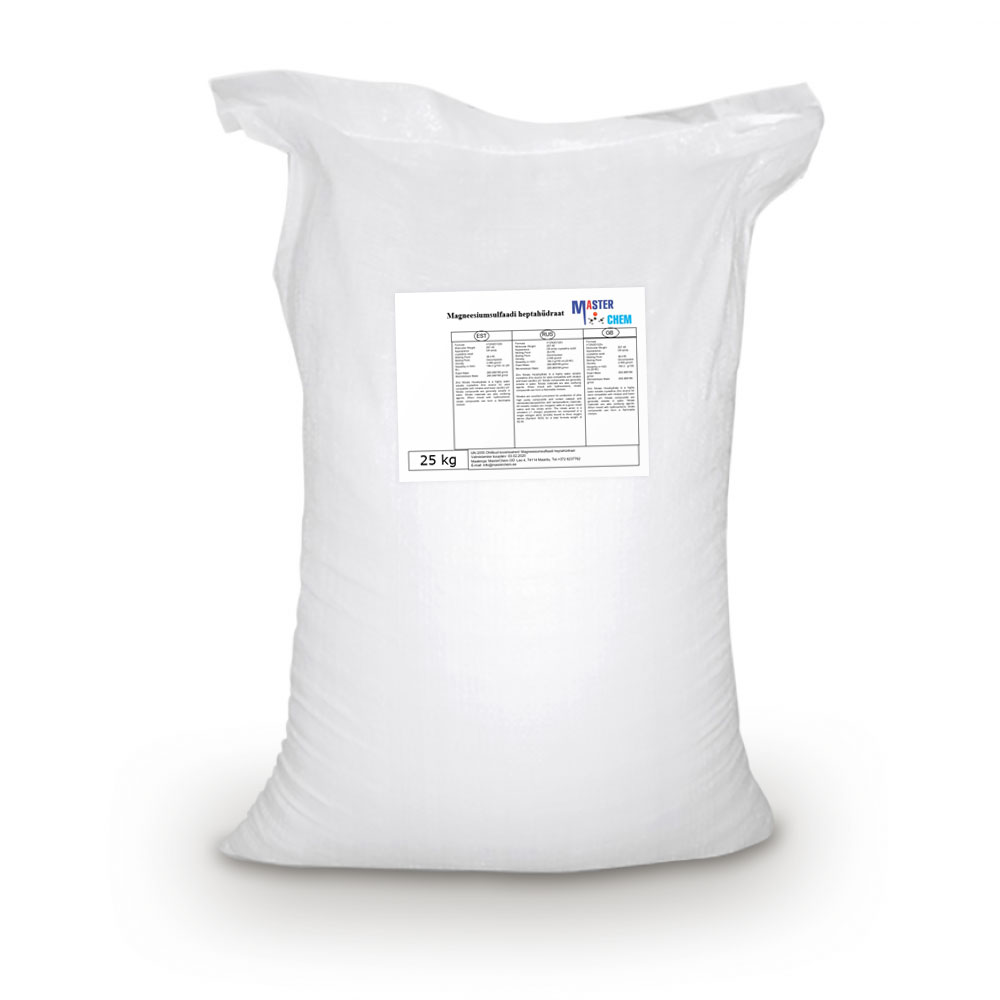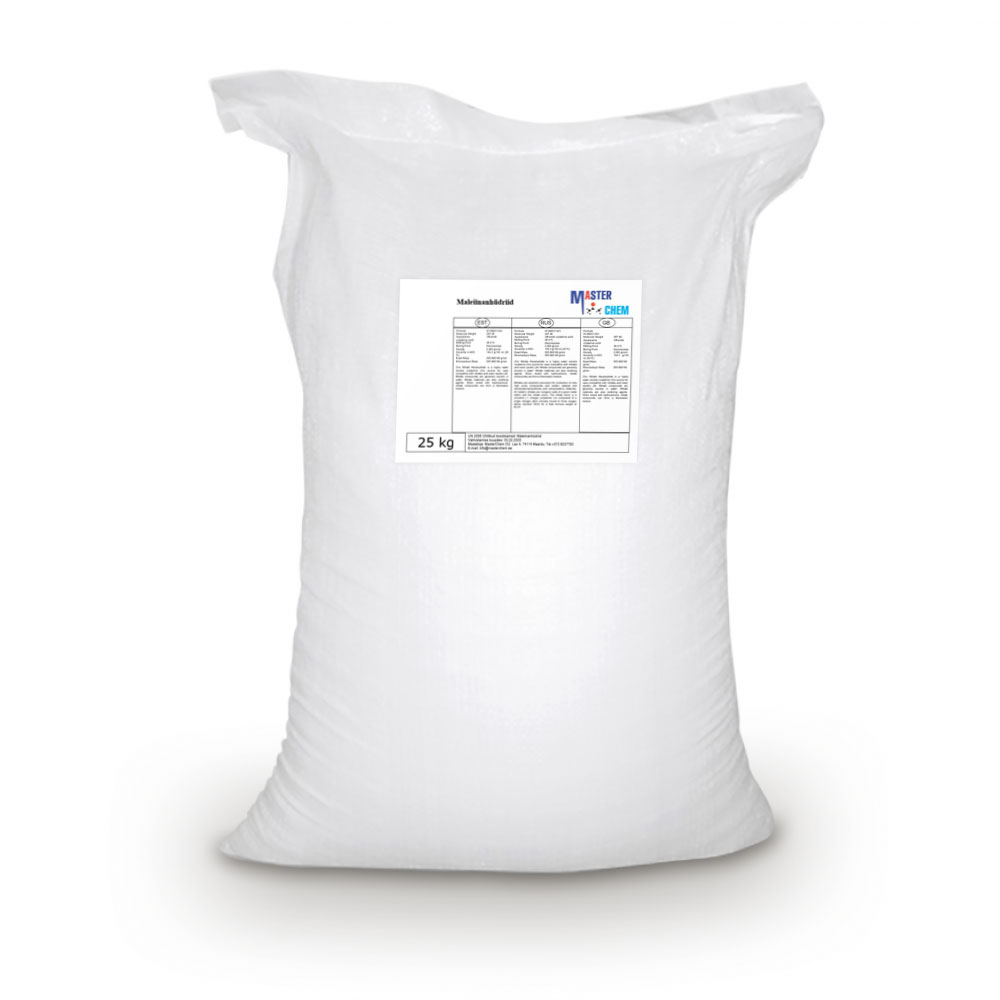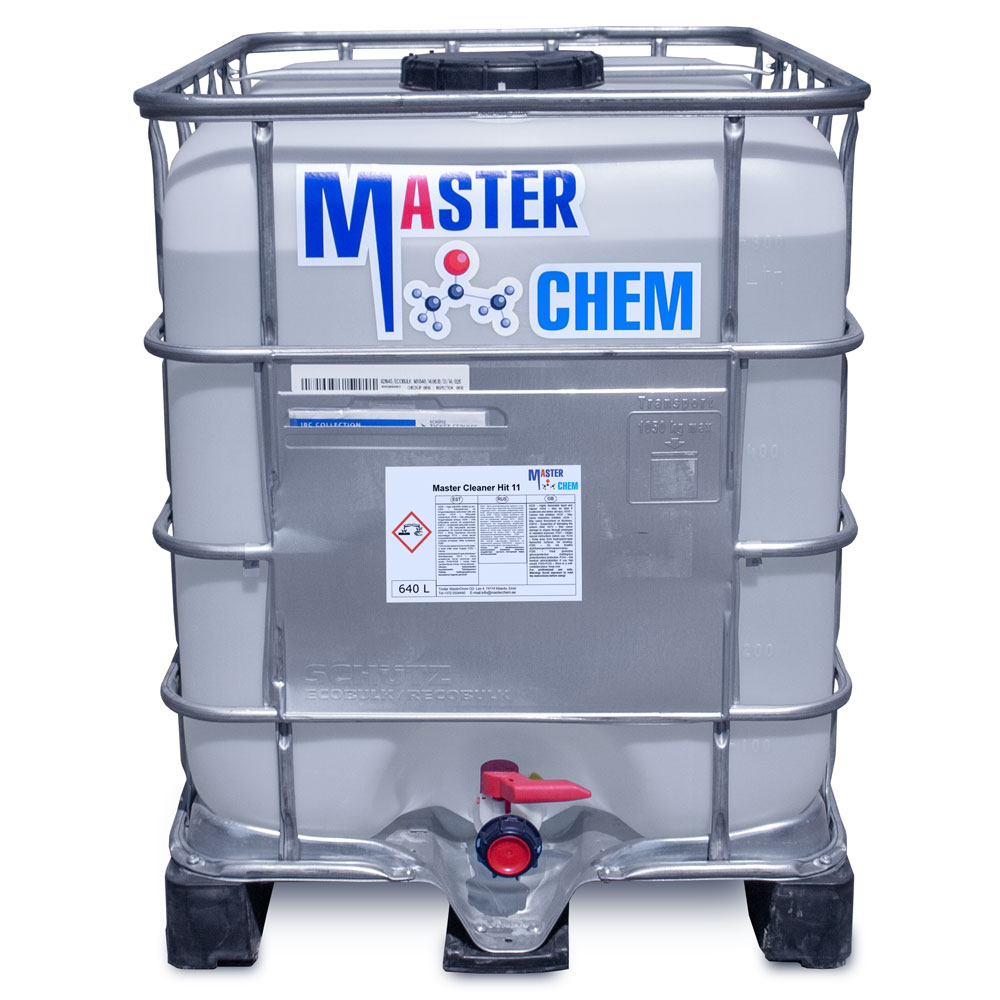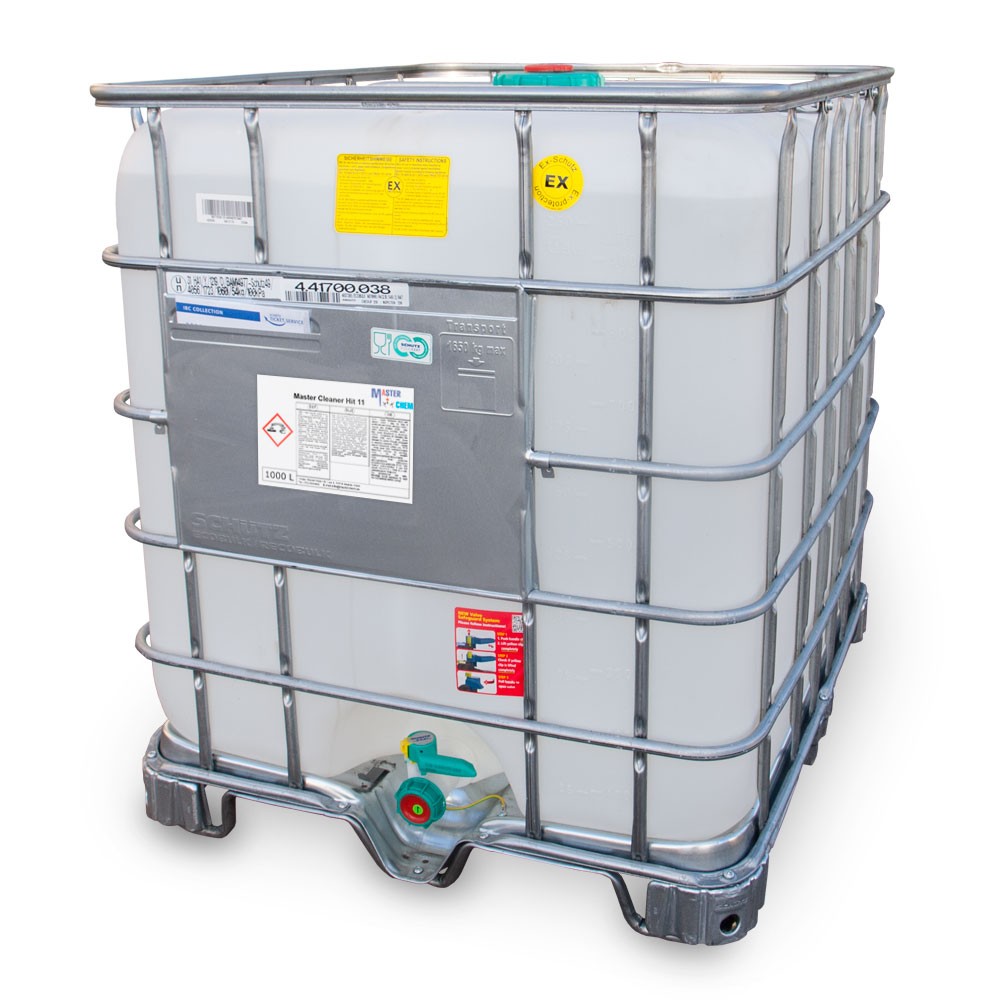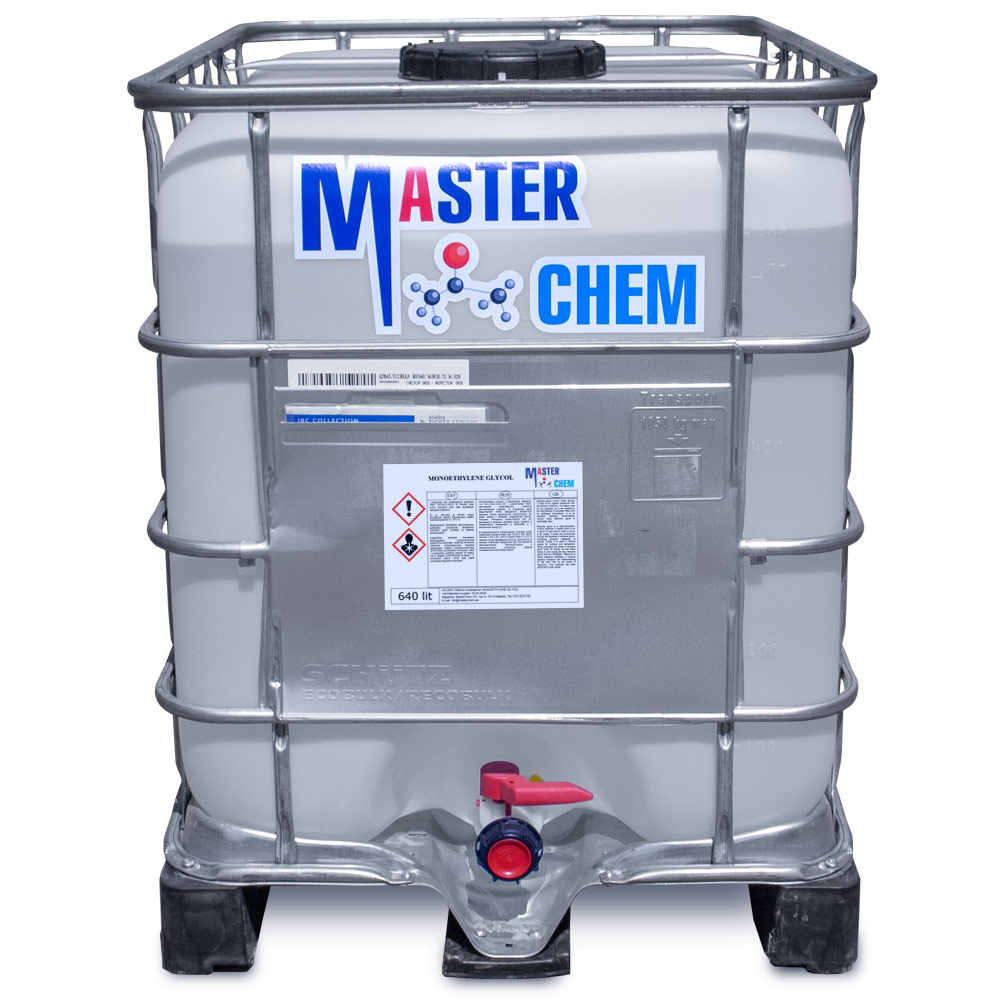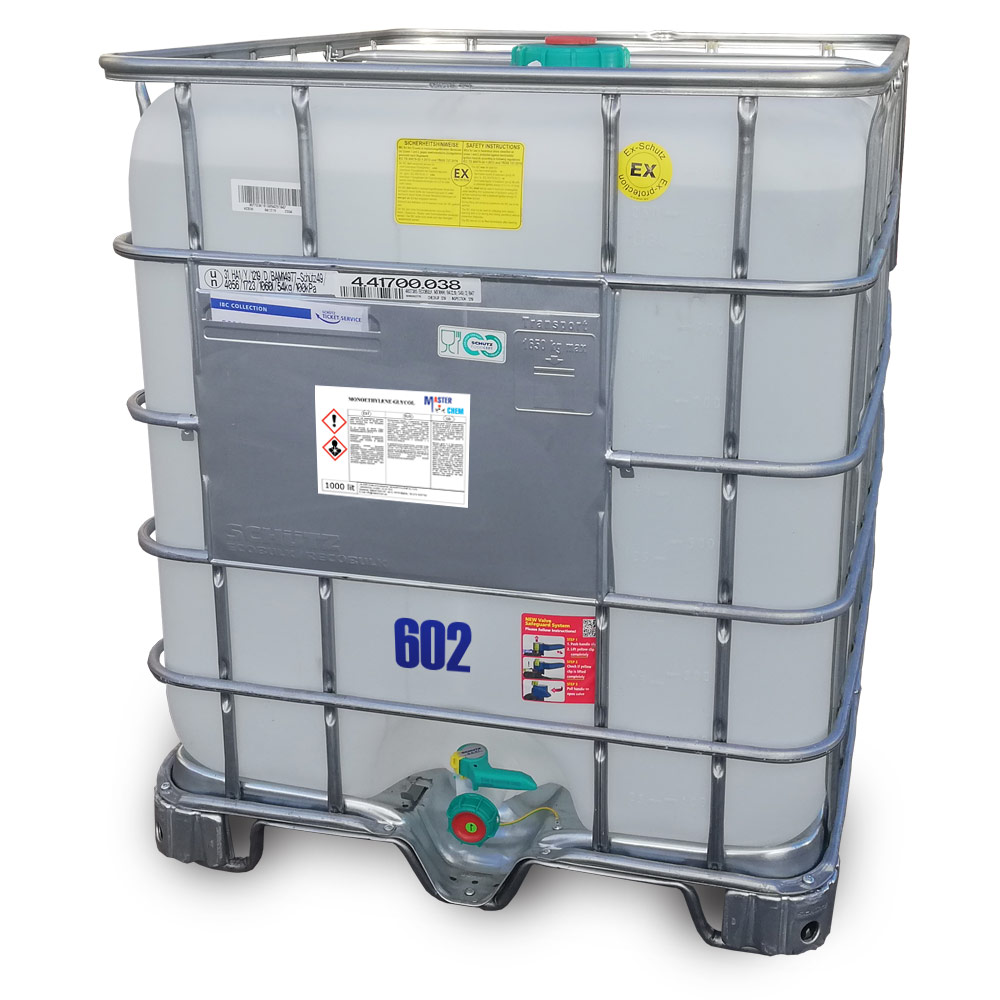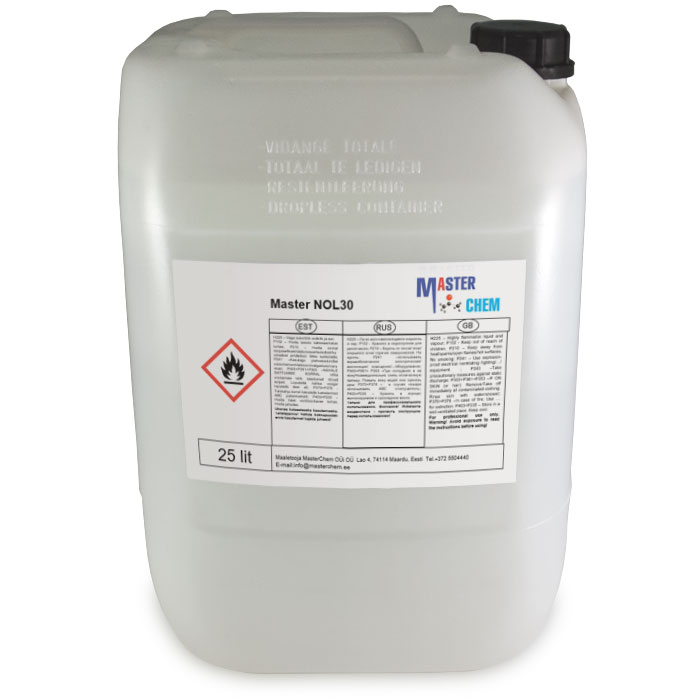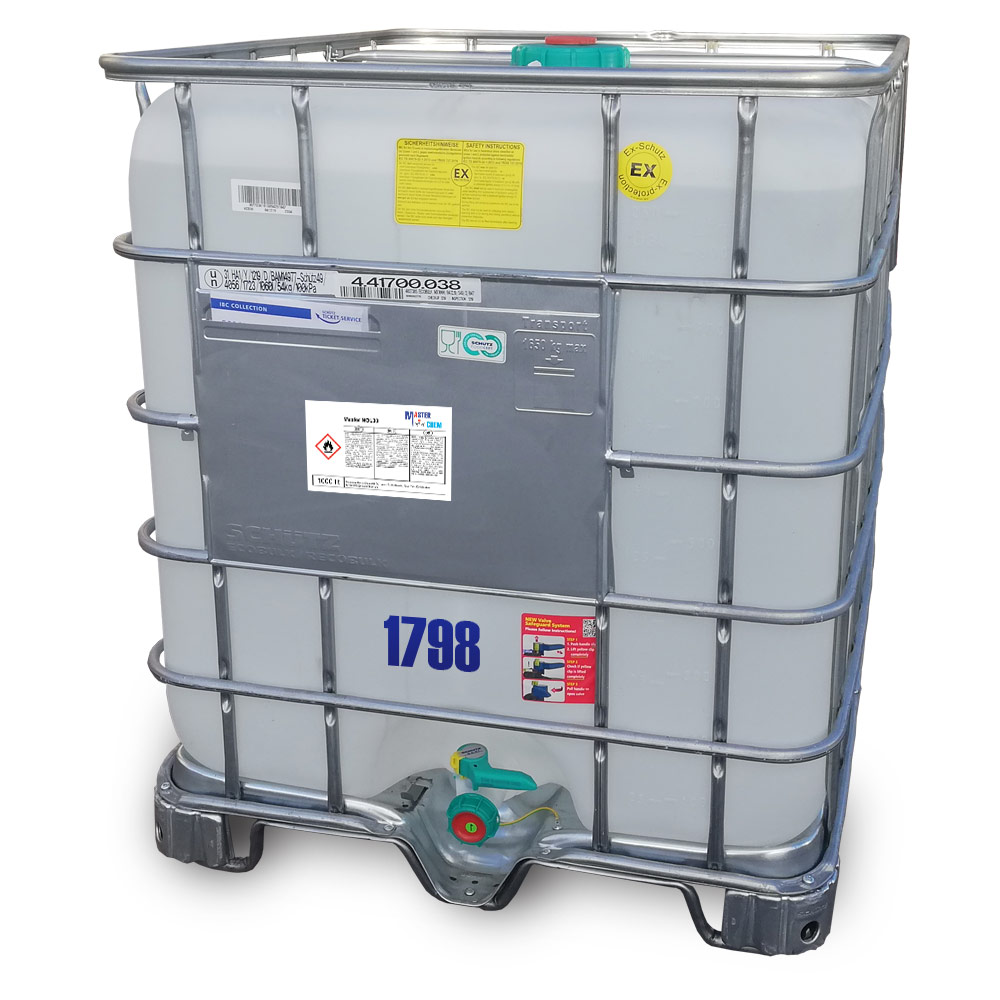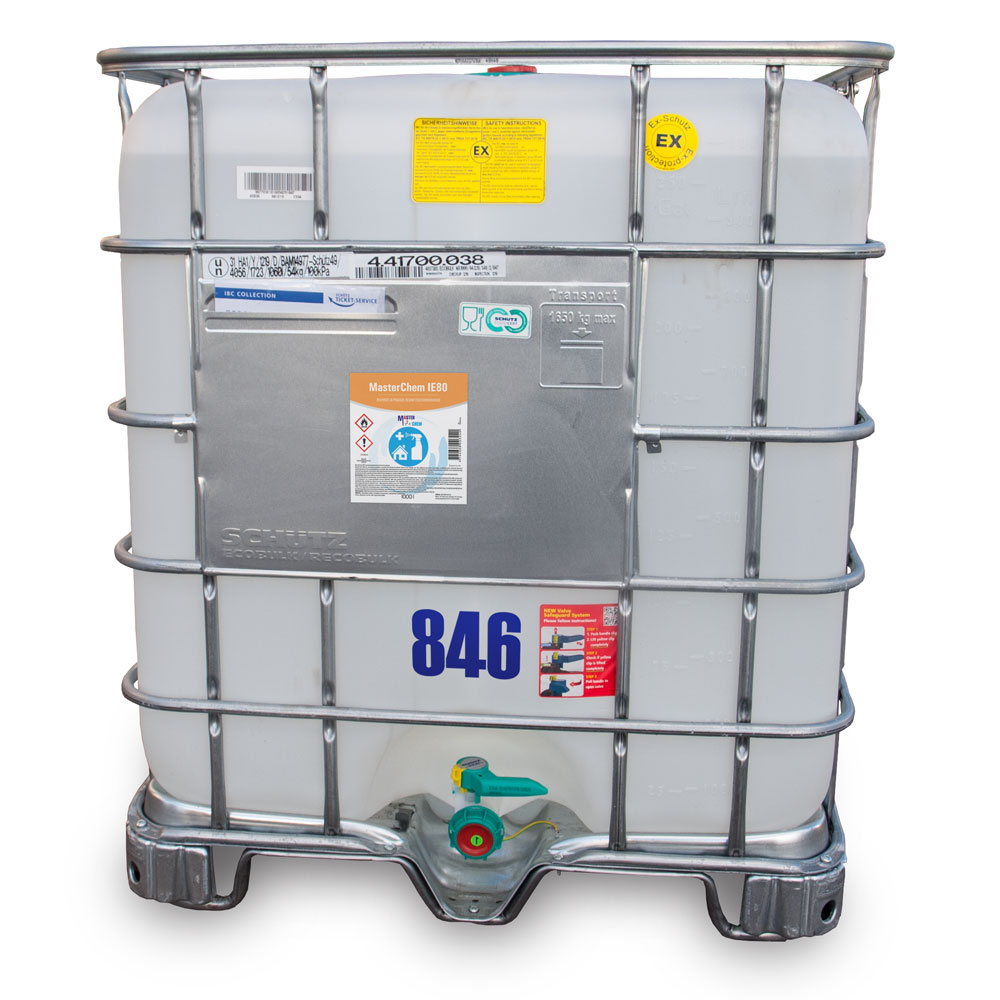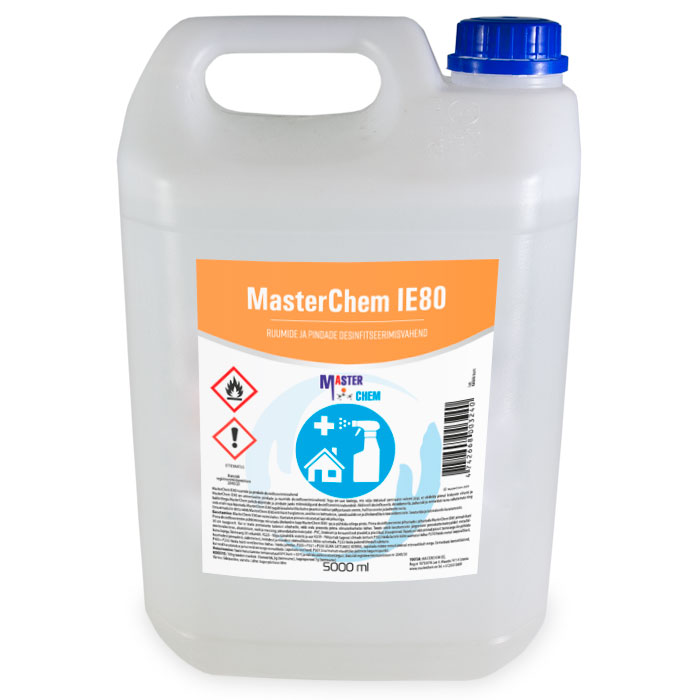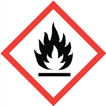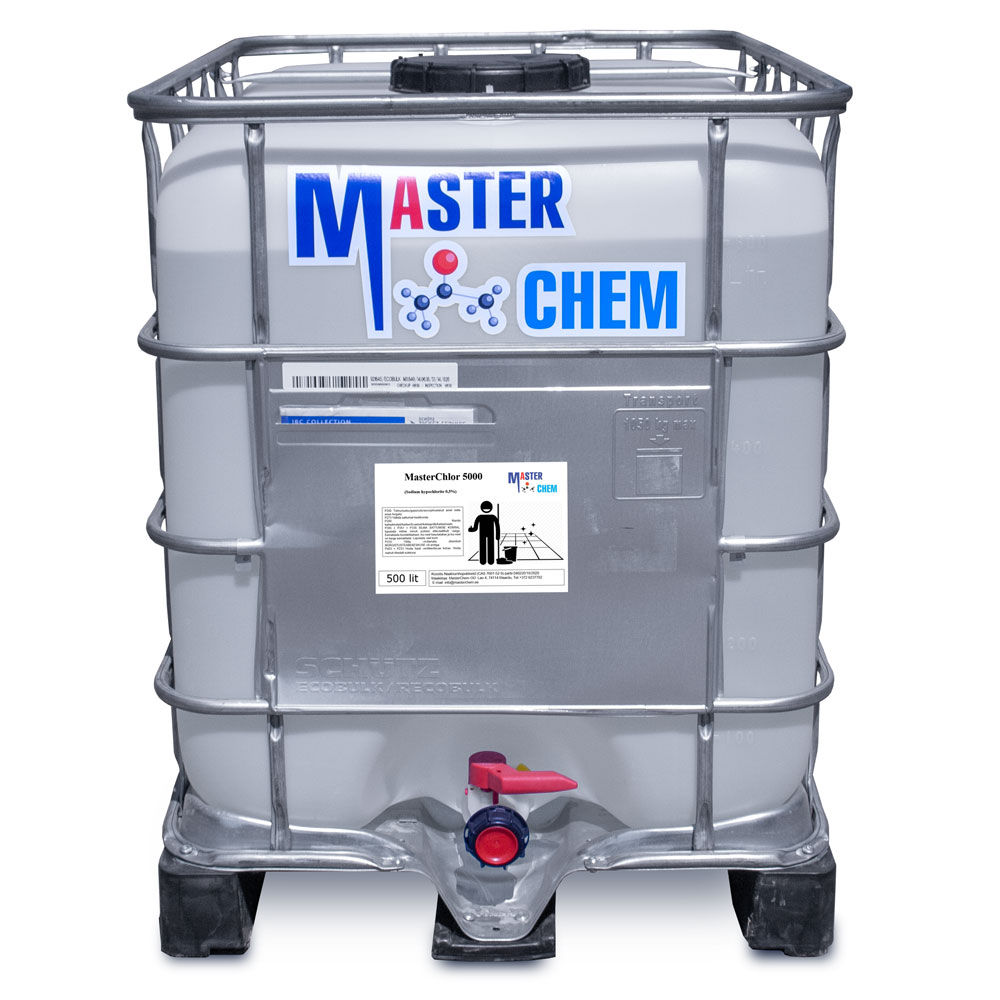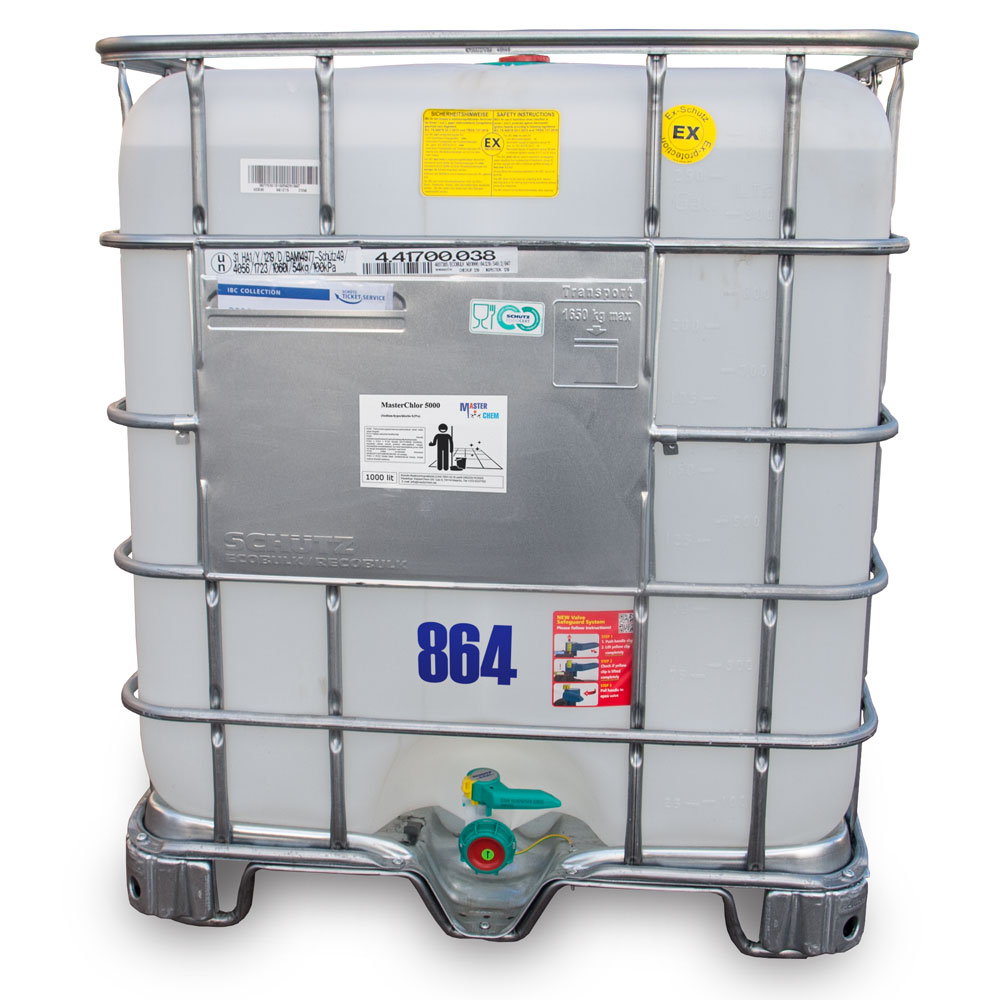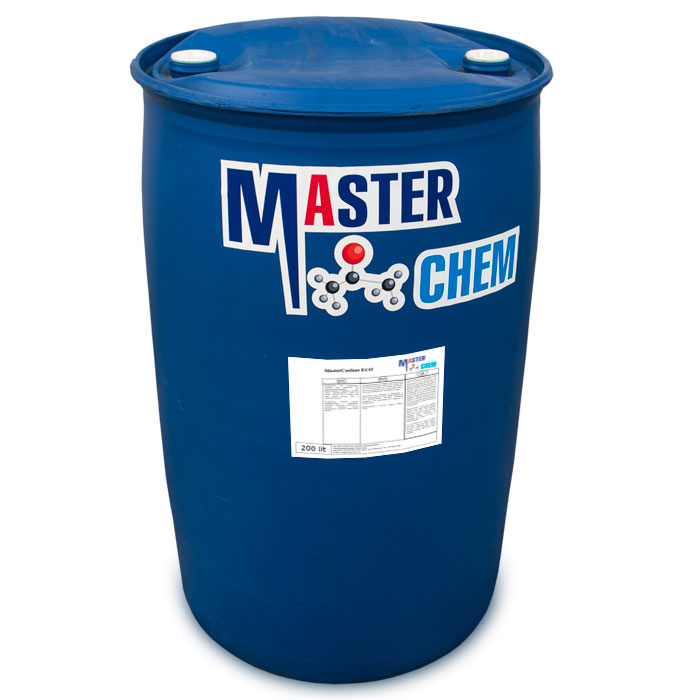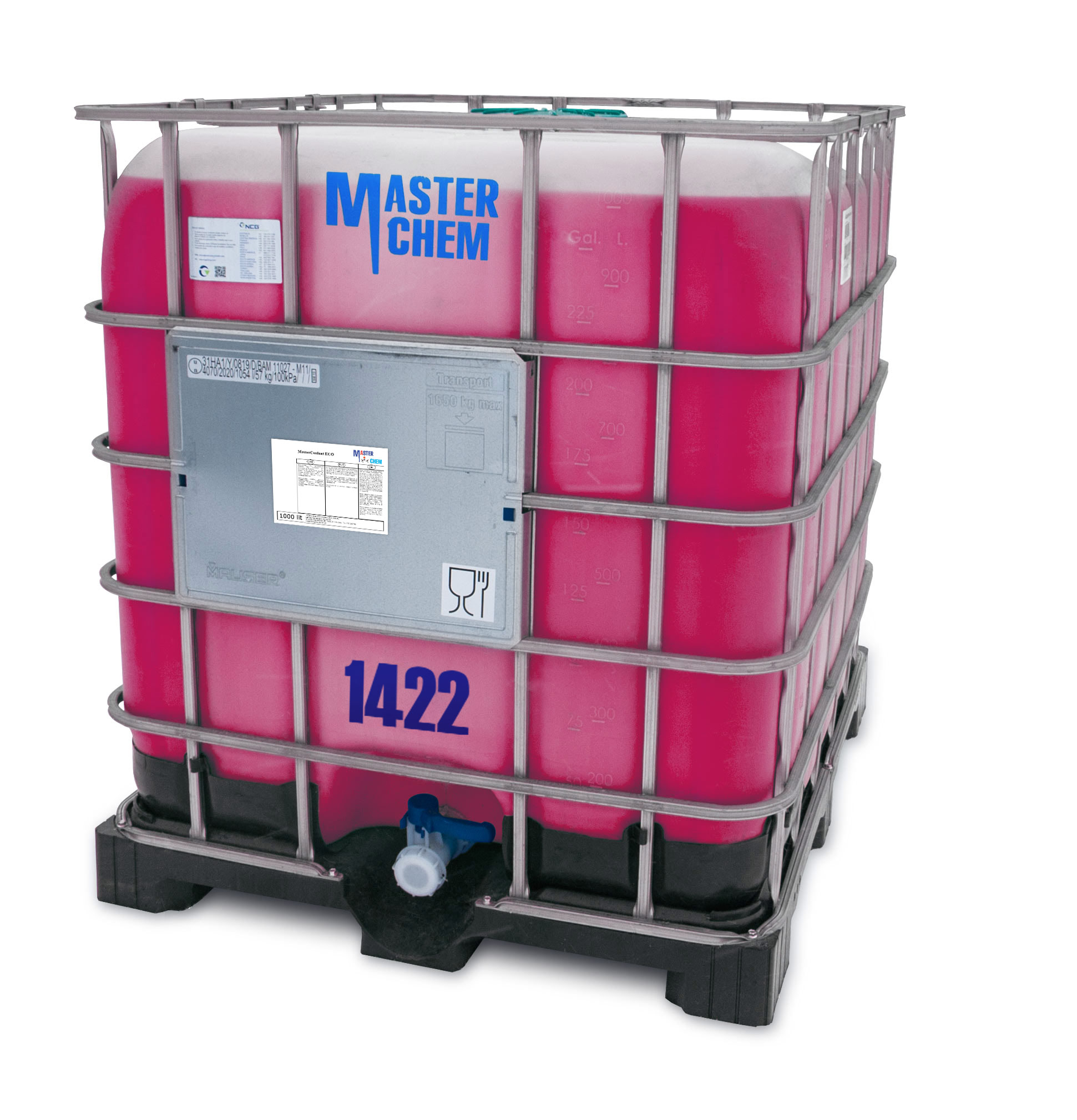Currently Empty: €0.00
Lithium carbonate (CAS 554-13-2)
Lithium carbonate (CAS 554-13-2)
Lithium carbonate is an inorganic compound, the lithium salt of carbonate with the formula Li2CO3. This white salt is widely used in the processing of metal oxides. It is listed on the World Health Organization’s List of Essential Medicines because it can be used as a treatment for mood disorders such as bipolar disorder.
Lithium carbonate is an important industrial chemical. Its main use is as a precursor for compounds used in lithium-ion batteries. Glasses derived from lithium carbonate are useful in ovenware. Lithium carbonate is a common ingredient in both low-fire and high-fire ceramic glaze. It forms low-melting fluxes with silica and other materials. Its alkaline properties are conducive to changing the state of metal oxide colorants in glaze, particularly red iron oxide (Fe2O3). Cement sets more rapidly when prepared with lithium carbonate, and is useful for tile adhesives. When added to aluminium trifluoride, it forms LiF which gives a superior electrolyte for the processing of aluminium.
Magnesium oxide (CAS 1309-48-4)
Magnesium oxide (CAS 1309-48-4)
Magnesium oxide (MgO), or magnesia, is a white hygroscopic solid mineral that occurs naturally as periclase and is a source of magnesium (see also oxide). It has an empirical formula of MgO and consists of a lattice of Mg2+ ions and O2− ions held together by ionic bonding. Magnesium hydroxide forms in the presence of water (MgO + H2O → Mg(OH)2), but it can be reversed by heating it to remove moisture.
Magnesium oxide was historically known as magnesia alba (literally, the white mineral from Magnesia – other sources give magnesia alba as MgCO3), to differentiate it from magnesia negra, a black mineral containing what is now known as manganese.
While “magnesium oxide” normally refers to MgO, magnesium peroxide MgO2 is also known as a compound. According to evolutionary crystal structure prediction, MgO2 is thermodynamically stable at pressures above 116 GPa (gigapascals), and a semiconducting suboxide Mg3O2 is thermodynamically stable above 500 GPa. Because of its stability, MgO is used as a model system for investigating vibrational properties of crystals.
Magnesium Sulfate Anhydrate (CAS 7487-88-9)
Magnesium Sulfate Anhydrate (CAS 7487-88-9)
Magnesium sulfate or magnesium sulphate (in British English) is a chemical compound, a salt with the formula MgSO4, consisting of magnesium cations Mg2+ (20.19% by mass) and sulfate anions SO2−4. It is a white crystalline solid, soluble in water but not in ethanol.
Magnesium sulfate is usually encountered in the form of a hydrate MgSO4·nH2O, for various values of n between 1 and 11. The most common is the heptahydrate MgSO4·7H2O, known as Epsom salt, which is a household chemical with many traditional uses, including bath salts.
The main use of magnesium sulfate is in agriculture, to correct soils deficient in magnesium (an essential plant nutrient because of the role of magnesium in chlorophyll and photosynthesis). The monohydrate is favored for this use; by the mid 1970s, its production was 2.3 million tons per year. The anhydrous form and several hydrates occur in nature as minerals, and the salt is a significant component of the water from some springs.
Magnesium Sulfate Monohydrate (CAS 14168-73-1)
Magnesium Sulfate Monohydrate (CAS 14168-73-1)
Magnesium sulfate or magnesium sulphate (in British English) is a chemical compound, a salt with the formula MgSO4, consisting of magnesium cations Mg2+ (20.19% by mass) and sulfate anions SO2−4. It is a white crystalline solid, soluble in water but not in ethanol.
Magnesium sulfate is usually encountered in the form of a hydrate MgSO4·nH2O, for various values of n between 1 and 11. The most common is the heptahydrate MgSO4·7H2O, known as Epsom salt, which is a household chemical with many traditional uses, including bath salts.
The main use of magnesium sulfate is in agriculture, to correct soils deficient in magnesium (an essential plant nutrient because of the role of magnesium in chlorophyll and photosynthesis). The monohydrate is favored for this use; by the mid 1970s, its production was 2.3 million tons per year. The anhydrous form and several hydrates occur in nature as minerals, and the salt is a significant component of the water from some springs.
Magnesium Sulphate Heptahydrate (CAS 10034-99-8)
Magnesium Sulphate Heptahydrate (CAS 10034-99-8)
Magnesium sulfate or magnesium sulphate (in British English) is a chemical compound, a salt with the formula MgSO4, consisting of magnesium cations Mg2+ (20.19% by mass) and sulfate anions SO2−4. It is a white crystalline solid, soluble in water but not in ethanol.
Magnesium sulfate is usually encountered in the form of a hydrate MgSO4·nH2O, for various values of n between 1 and 11. The most common is the heptahydrate MgSO4·7H2O, known as Epsom salt, which is a household chemical with many traditional uses, including bath salts.
The main use of magnesium sulfate is in agriculture, to correct soils deficient in magnesium (an essential plant nutrient because of the role of magnesium in chlorophyll and photosynthesis). The monohydrate is favored for this use; by the mid 1970s, its production was 2.3 million tons per year. The anhydrous form and several hydrates occur in nature as minerals, and the salt is a significant component of the water from some springs.
Maleic anhydrate (CAS 108-31-6)
Maleic anhydrate (CAS 108-31-6)
Maleic anhydride is an organic compound with the formula C2H2(CO)2O. It is the acid anhydride of maleic acid. It is a colorless or white solid with an acrid odor. It is produced industrially on a large scale for applications in coatings and polymers.
Maleic anhydride is produced by vapor-phase oxidation of n-butane. The overall process converts the methyl groups to carboxylate and dehydrogenates the backbone. The selectivity of the process reflects the robustness of maleic anhydride, with its conjugated double-bond system. Traditionally maleic anhydride was produced by the oxidation of benzene or other aromatic compounds. As of 2006, only a few smaller plants continue to use benzene.
Master NOL30 PRO geothermal heating fluid
Master NOL30 PRO is the high quality solution for filling geothermal heating systems
Description:
Master NOL30 PRO is a ready-made product for filling earth heating circuits from MasterChem specialists. This product is based on a 30% denatured ethanol solution for heat pumps. Ethyl alcohol is an environmentally friendly product, therefore it is especially recommended for heating systems of houses and apartments. It contains all the necessary additives for long-term operation of the heating system.
On our site you will also find Master NOL30 – this is a standard cheaper product that is used by those for whom the cost of the product is primarily important.
Master NOL30 standard geothermal heating fluid
Master NOL30 is a ready-made product for filling earth heating circuits from MasterChem specialists. This product is based on a 30% denatured ethanol solution for heat pumps. Ethyl alcohol is an environmentally friendly product, therefore it is especially recommended for heating systems of houses and apartments. This product is the most common among heating installers.
If you want a high quality product with a quality guarantee of up to 8 years, then we suggest considering Master NOL30 PRO.

